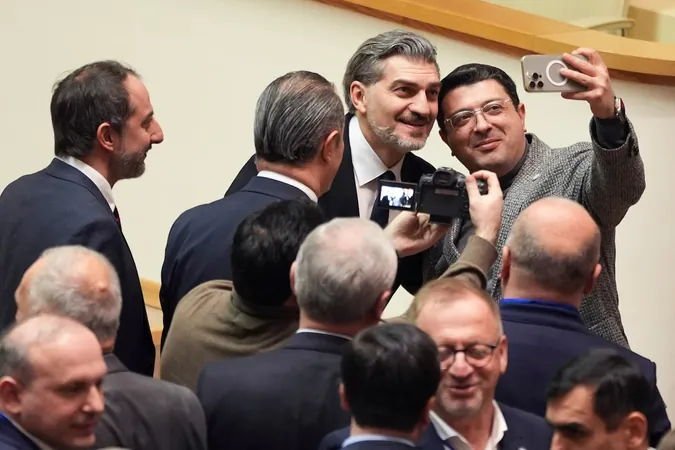
Georgia Gets an Unexpected New President: What This Means for EU Aspirations and Relations with Russia
2024-12-14
Author: Jacques
Introduction
In a surprising turn of events, former soccer star Mikheil Kavelashvili was declared the new president of Georgia on Saturday. His election has ignited concerns among many about the future of Georgia’s European Union aspirations and suggests a growing influence from Russia.
Election Details
At 53 years old, Kavelashvili was the sole candidate on the ballot, securing victory largely due to the dominance of the ruling Georgian Dream party in a 300-seat electoral college, a system which replaced direct presidential elections in 2017. This college is composed of various members from Parliament and regional councils. The Georgian Dream party, led by billionaire Bidzina Ivanishvili, recently maintained control over Parliament in an election held on October 26, an election many opposition parties claim was tainted by electoral fraud tied to Moscow.
Setback for EU Aspirations
Critically, Kavelashvili’s ascension has been perceived as a setback for Georgia's EU ambitions. The Georgian Dream party has officially stated its commitment to EU accession; however, they also plan to 'reset' relations with long-time rival Russia. The backdrop of this political shift reminds us of the 2008 war between Russia and Georgia, which resulted in the recognition of two separatist regions, South Ossetia and Abkhazia, by the Kremlin—a move that sparked outrage and ongoing tensions.
Outgoing President's Response
Outgoing president Salome Zourabichvili, who has held office since 2018, has vocally opposed Kavelashvili's election. She has proclaimed herself the 'only legitimate leader' until new elections can happen under credible conditions. Born in France but with Georgian roots, Zourabichvili has been a strong advocate for pro-Western policies and has recently distanced herself from Georgian Dream, accusing them of engaging in authoritarian practices. Her tenure has not been without challenges, including the Georgian Dream party's attempts to impeach her, which were unsuccessful. Zourabichvili condemned the recent election as a 'provocation' and called for new elections that reflect the true will of the Georgian people.
Public Unrest and Protests
The political unrest in Georgia has gained momentum, particularly after the ruling party decided to pause negotiations regarding their EU candidacy—prompting mass protests across the nation. Thousands of demonstrators gathered nightly outside the Parliament building, facing off against riot police who have frequently used tear gas and water cannons. The opposition has rallied around the belief that Kavelashvili is merely a puppet for the ruling party and, by extension, Russia.
Kavelashvili's Background and Political Career
Kavelashvili's past as a professional soccer player, notably with Manchester City and clubs in Switzerland, has drawn mixed reactions. Critics have mocked his perceived lack of higher education, with some protesters even showcasing diplomas and kicking soccer balls during demonstrations. His political career began in 2016 when he was elected to Parliament under the Georgian Dream banner and he later co-founded the People’s Power movement, known for its staunch anti-Western stance.
International Implications
Internationally, the EU approved Georgia’s candidacy status in December 2023, contingent on fulfilling specific recommendations. Yet, following the government's move to enforce a controversial 'foreign influence' law resembling Russian legislation, the EU has since put the accession process on hold and cut financial support.
Conclusion
Demonstrations have highlighted the division within Georgian society on these issues, with many citizens vowing to resist any shift towards Russian influence. As protests continue, activists have expressed their commitment to remaining steadfast against what they perceive as an erosion of democracy. As Kavelashvili steps into office amid a storm of contention, the coming days will prove pivotal—not just for Georgia's relationship with the EU, but also regarding its precarious balance with Russia. Can Georgia grapple with its existing loyalties while striving for greater autonomy and integration with Europe? Only time will tell.

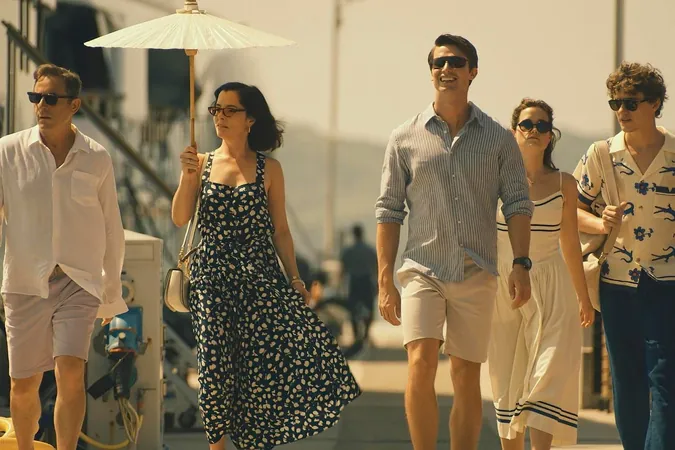
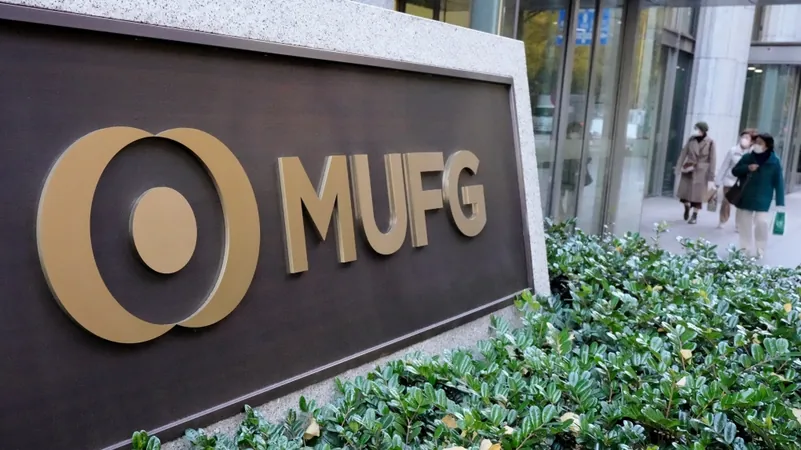
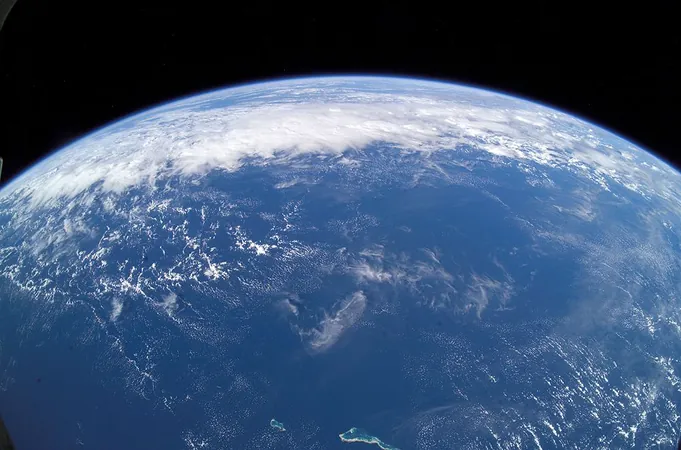
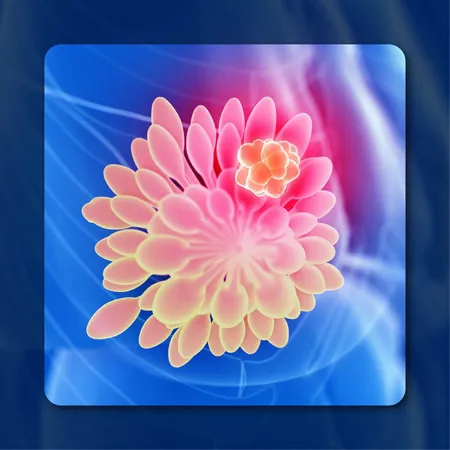
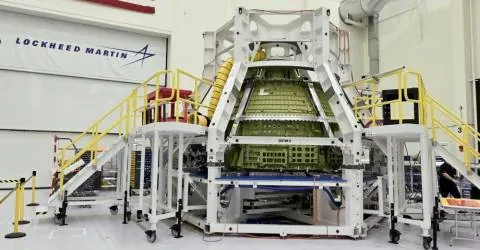
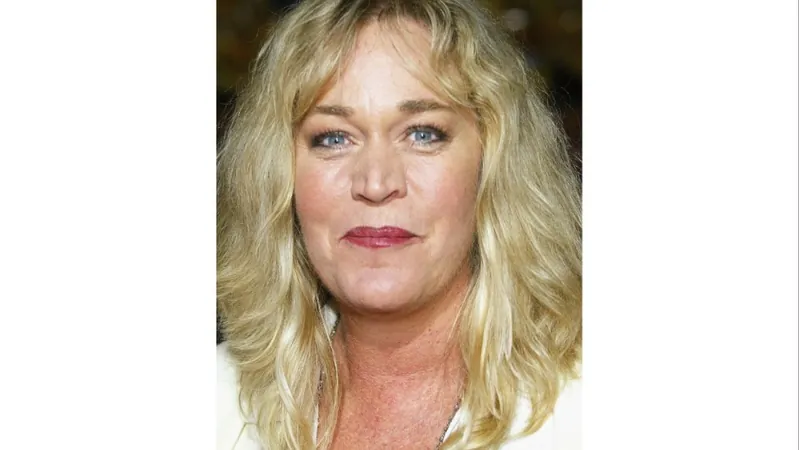

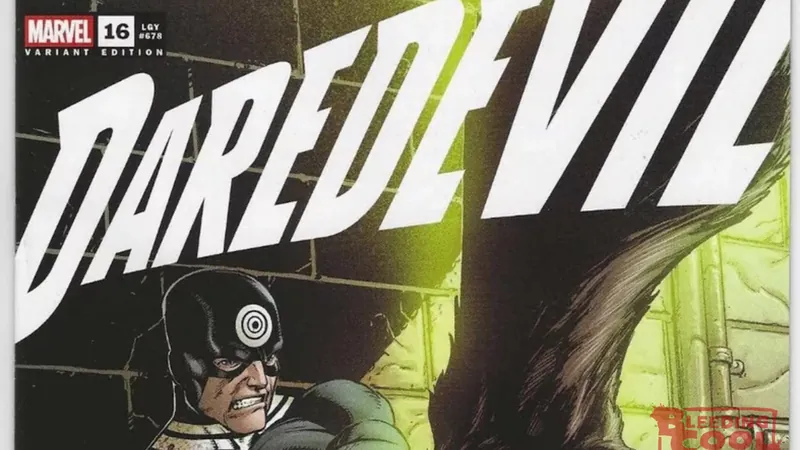
 Brasil (PT)
Brasil (PT)
 Canada (EN)
Canada (EN)
 Chile (ES)
Chile (ES)
 España (ES)
España (ES)
 France (FR)
France (FR)
 Hong Kong (EN)
Hong Kong (EN)
 Italia (IT)
Italia (IT)
 日本 (JA)
日本 (JA)
 Magyarország (HU)
Magyarország (HU)
 Norge (NO)
Norge (NO)
 Polska (PL)
Polska (PL)
 Schweiz (DE)
Schweiz (DE)
 Singapore (EN)
Singapore (EN)
 Sverige (SV)
Sverige (SV)
 Suomi (FI)
Suomi (FI)
 Türkiye (TR)
Türkiye (TR)